One of the most fundamental concepts I’ve needed to understand is what “faith” is. Steve and I were suffering while he studied sudden questions and doubts about our church, but we didn’t know where to go or what to do. Anti-Mormon information was easy to access once he looked, he’s a master researcher, but I needed to understand not the history and origin of the church, which I already had studied, I needed to understand what was happening to Steve’s soul, his feelings and why they were different than mine. I found answers in my research of faith.
At the beginning, I kept hearing and reading the phrase “faith crisis.” The word “crisis” made me think of eminent peril, or some life-threatening condition that we were not equipped to “fix” inside of Steve.
In time, however, I was led to the book Stages of Faith by James Fowler. I cannot express how this book healed, changed, empowered, and taught me. It helped me re-image faith and realize that faith is ever-changing and evolving. I believe that faith is a human phenomenon; it is the search for profound and ultimate meaning and how we choose to express that meaning. Just as we transform through human development, our faith transforms and evolves through faith development. Steve wasn’t having a “faith crisis,” but a natural faith transformation.
Steve and my ideas and language about faith centered around certainty in Mormonism; faith meant certainty. Therefore, uncertainty of doctrine, history, and policy in Mormonism meant the death of faith – that is why we were terrified of his doubt. However, this book (and many others) helped me see the stages of faith development as vital in our spiritual maturity. The uncertainty of doubt is part of faith maturity; faith encompasses doubt – it’s not faith if there is no possibility of doubt, it’s knowing. I realized the only way around “faith crisis” is through it, and we needed to be okay with where and how we journeyed.
This book taught me the beauty of my doubt; to not fear it, hide it, or feel ashamed by it, or by Steve’s. Doubt is difficult and beautiful; in fact, doubt is a vital part of faith. My doubt brings deep meaning to my faith because it allows me to choose, it forces me to be active and learning; it forces me to find truth and beauty that makes sense to me. Doubt is my inner self searching for truth, questioning what I’ve been given, and trusting my soul to follow a path that is mine. Doubt has taught us to listen to and love ourselves, and by extension, each other.
Contrastingly, nihilism is the thought that life is void of meaning. Fowler argues that nihilism, and not doubt, is the opposite of faith. When I heard “faith crisis,” I thought there were only two endings: going back to where we had been (impossible option), or the death of faith, meaning, and beauty: nihilism (tragic option), but I was wrong. Somehow Steve and I created something beautiful and meaningful in the debris of faith. Steve didn’t absolve all meaning because he explored his doubt, he just found faith in different things and different ways that aren’t laid out by the church.
The phrase “faith crisis” made us believe that Steve’s doubt would create a cavernous gorge in our marriage, but it didn’t. It made an avalanche, maybe an earthquake that changed the landscape of our relationship and our faith, but we have chosen to journey through it together. It’s different and unknown, but, like with all differences, we have found beauty in love, listening, choosing, and trusting each other.


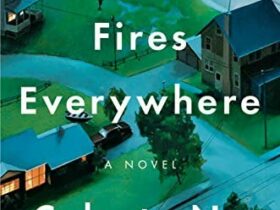
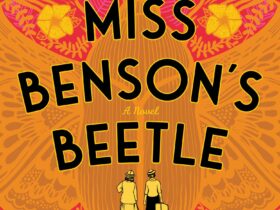
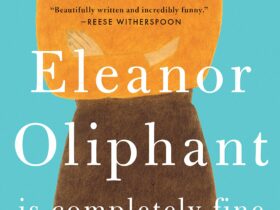
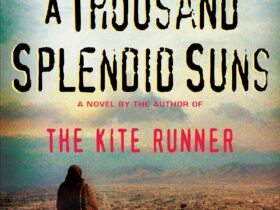
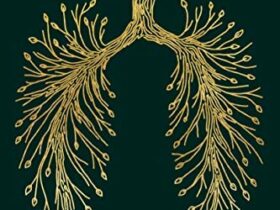
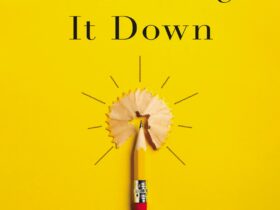
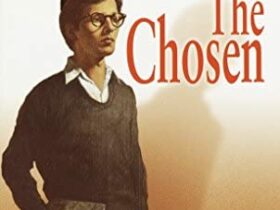
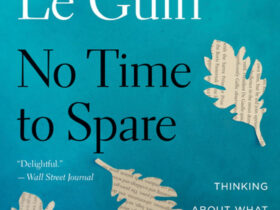
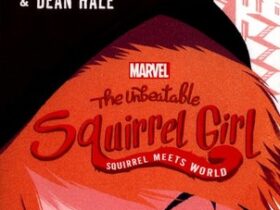
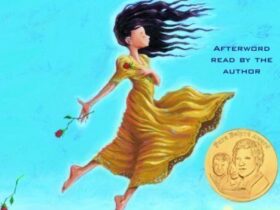
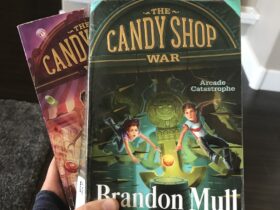
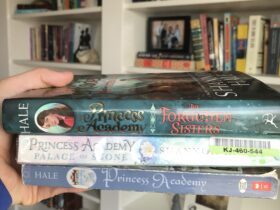
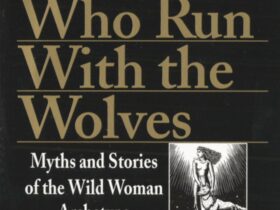

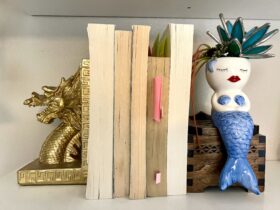



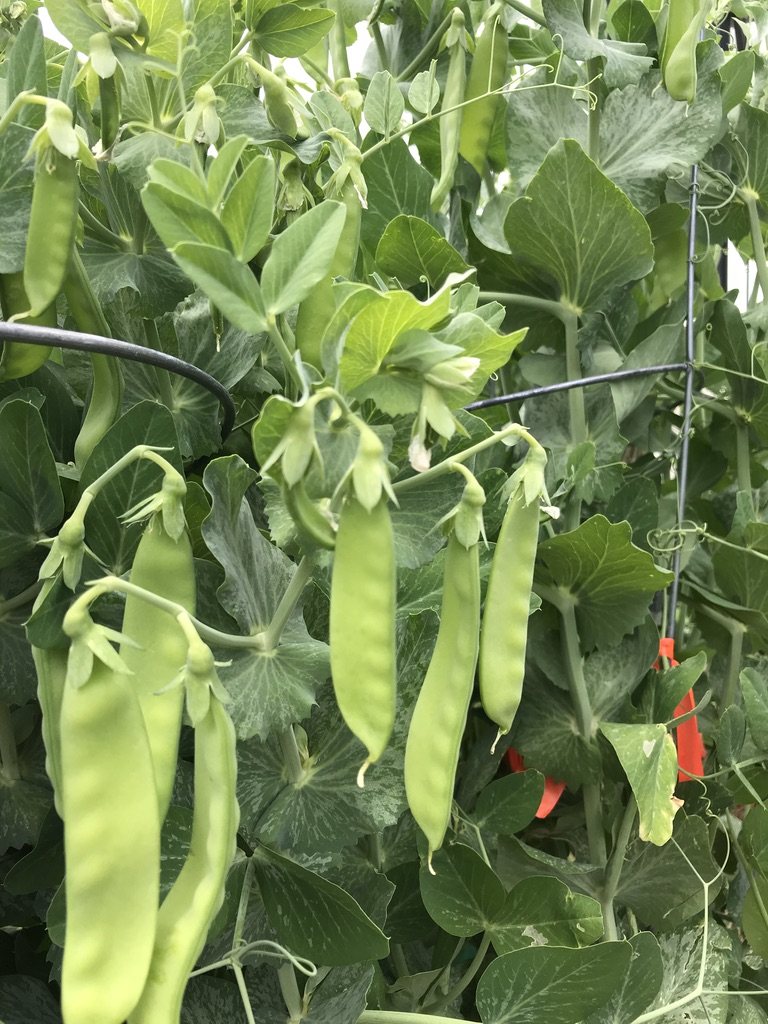




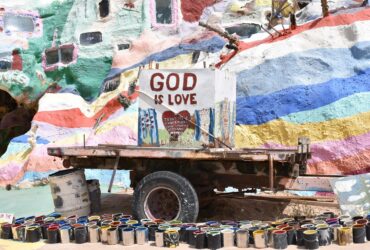


Leave a Reply